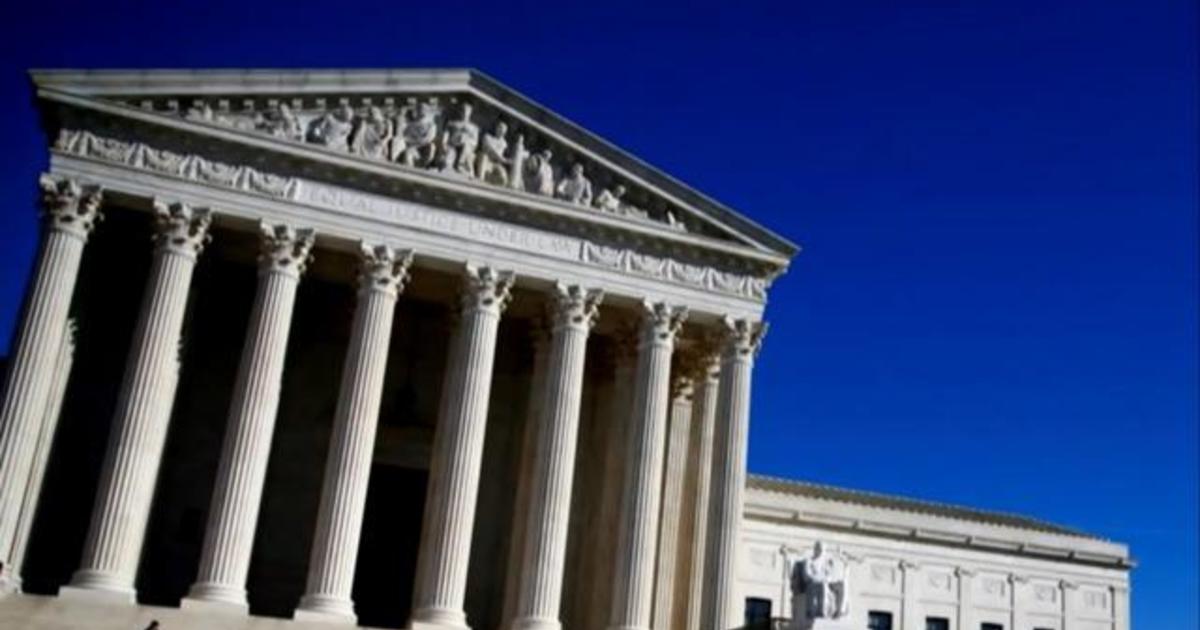Federal Laws On Gambling
The Federal Council and Parliament recommend accepting the Gambling Act, which updates Swiss gambling laws for the digital age and improves protection against gambling addiction. It implements the will of the Swiss voters, namely that only approved and certified games should be available in Switzerland and that gambling revenue should be used. Online Federal Gambling Law. Most gambling offenses fall within state law. When gambling is conducted through interstate or a foreign country, the charges will be for a federal crime. The Federal Gambling Law pertaining to the internet includes these statutes: Illegal Gambling Business Act, 18 U.S.C. Makes conducting an illegal gambling. Gambling, though widespread in the United States, is subject to legislation at both the state and federal level that bans it from certain areas, limits the means and types of gambling, and otherwise regulates the activity. Congress has used its power under the Commerce Clause to regulate interstate gambling, international gambling, and relations between the United States and Native American territories.
However, state law only allows online play while onsite at a gambling facility. New Mexico – New Mexico is the only state with legal sportsbooks and no state law allowing sports betting. Five tribal casinos have opened books since October 2018, claiming the right under their state compact. Gambling Law: An Overview Gambling, though widespread in the United States, is subject to legislation at both the state and federal level that bans it from certain areas, limits the means and types of gambling, and otherwise regulates the activity.

There are actually several federal statutes that are targeted towards gambling in general and may also apply to online gambling as well. The real challenge with these laws is to first establish the criminality of the acts in question and then apply federal laws to punish certain aspects of them, such as the transmission of bets or financial transactions resulting from illegal gambling.
So when we look at these federal laws, it usually comes down to whether the gambling in question is legal or not in the first place, and we generally require a finding of criminality before the various acts kick in so to speak.
We do know that interstate commerce is under the domain of the individual states, and the federal government has power over interstate and foreign commerce, so if interstate or foreign means are used in gambling, this would put the activity under the purview of the federal government.
So in theory anyway, they could render illegal any gambling activity other than which occurs exclusively within one of the states. There’s only really been one attempt to render such a law, back in 1999, and if passed this would have made all interstate betting illegal, both the placing of bets by players and the operation of businesses taking these interstate bets.
What if the gambling in question was between two states where gambling was legal though, such as New Jersey and Nevada for instance? Well that wouldn’t matter, they could still make the exchange of betting between these states illegal, if they really wanted to that is.
So the attempt to make interstate online gambling illegal was defeated, back in the early days of online gambling actually, and we haven’t seen any real attempt to try again, aside from the recent effort to restore the Wire Act, which isn’t even a restoration as the Wire Act never had such broad powers.
Some may want to make the argument that the internet itself is by its very nature purely under the federal domain, but these arguments are weak as if the transmissions are within a state, it’s hard to imagine how the federal government could be seen to have legal standing with them.
What Can The Federal Government Really Do?

After very limited success in going after offshore gambling, some now want to go after the regulated online gambling that is emerging, with more on the horizon. The fact that pulling this off is really beyond their legal powers does not serve as much of a deterrent for some at least.
For now, the government is really limited to regulating activity that there are already laws on the books making them illegal, which from a federal perspective is limited to interstate sports betting. There’s a whole lot of interstate sports betting that goes on though, so the effect of these laws are quite limited indeed, in spite of some celebrated convictions years ago where the parties did not exercise appropriate caution.
In addition to the Wire Act, there are several other federal laws that may be invoked against online gambling, but all of them are dependent on the gambling in question being already illegal.
So these laws address not gambling, but illegal gambling, for instance the UIGEA’s prohibiting financial transactions related to illegal gambling.
Some Other Acts That May Apply To Online Gambling
In a real sense, these other laws aren’t really required, given that the acts themselves are illegal, and must be found to be in order to proceed with these supplementary charges. However they can serve to broaden the scope of the actions taken, for instance in forming a legal basis for the seizing of funds that we have seen.
Federal Law On Gambling
So in addition to the well publicized UIGEA, there’s also the Prohibition of Illegal Gambling Business Act of 1955, which prohibits the operation of illegal gambling businesses. This law is surely redundant though, as if the business already involves running illegal gambling, the law that rendered it illegal in the first place would be more than sufficient for a conviction, and this act adds nothing meaningful to the law.

This doesn’t stop federal authorities from invoking it though, like for instance in the actions known as Black Friday against several online poker sites, and this in fact was the prevailing federal law that was cited in the indictments. So it did serve a purpose, but not a legitimate one, but since they couldn’t cite the Wire Act since it doesn’t apply to poker, they had to cite something.
Occasionally, the Travel Act of 1952 is referenced in conjunction with online gambling, although this act is limited to either use of the mail or physical travel in conjunction with preexisting illegal activity. This could apply to the mailing of checks for withdrawals from gambling sites though if the gambling activity in question was illegal.
The Organized Crime Control Act of 1970 is felt by some at least to apply to online gambling organizations, and in some cases it might, but this again depends on a prior finding of illegality. So someone who is under the control of United States law who is found to be operating an illegal gambling operation could be charged under this act, although once again, laws like this are redundant really.
There’s also a section of U.S. Code, specifically Title 18, Part 1, Chapter 95, Section 1960, which prohibits “illegal money transmitting businesses,” which third party processors could be held subject to, in spite of their being outside the scope of the UIGEA. This is limited to going after businesses which do not have the appropriate state license though, and therefore aims at purely criminal organizations and not the licensed processors that tend to be involved in gambling proceeds.
Us Online Gambling Laws
So there are several federal laws which authorities could potentially use to go after online gambling operators, to the extent that they find themselves or their funds within the reach of U.S. authorities, but the lack of this generally is the main stumbling block by far in these efforts.
Having these gambling operators residing in other jurisdictions with different laws and the fact that none of this is enforceable under international law or international treaties, which has been well established, ensures that any fight that the U.S. government takes on here will be one that is going to be pretty limited in scope.